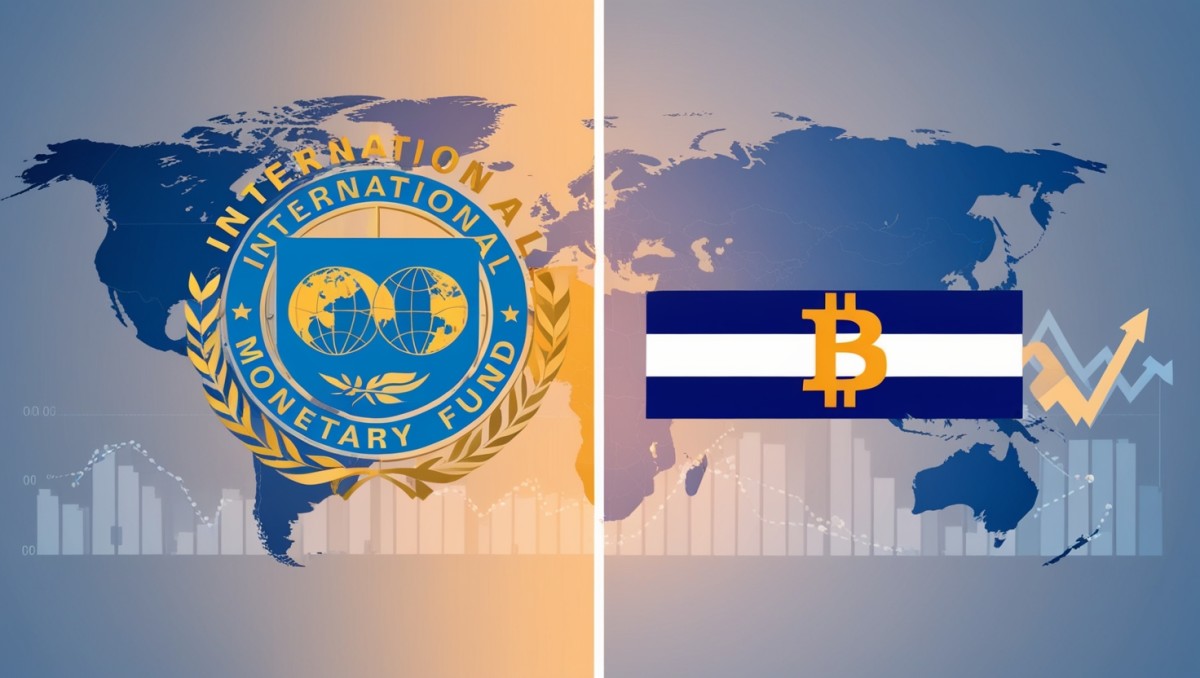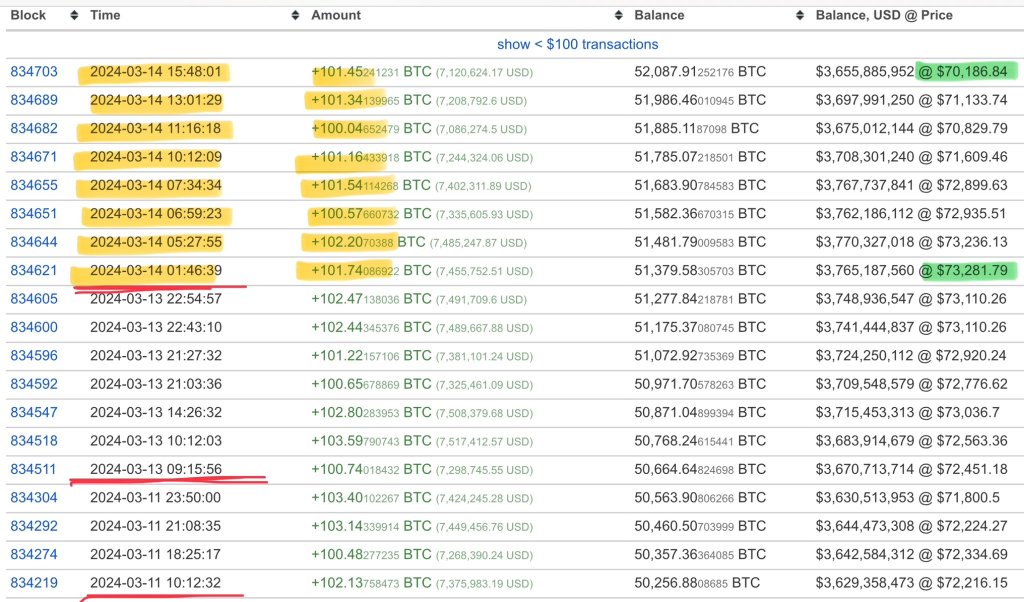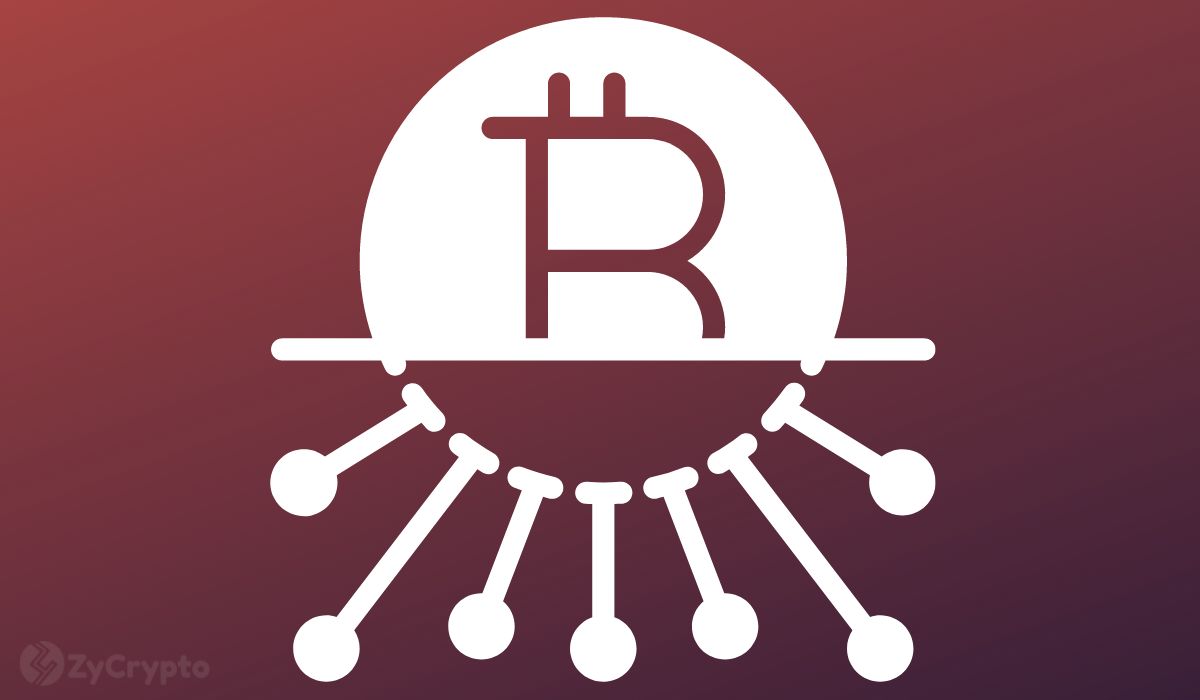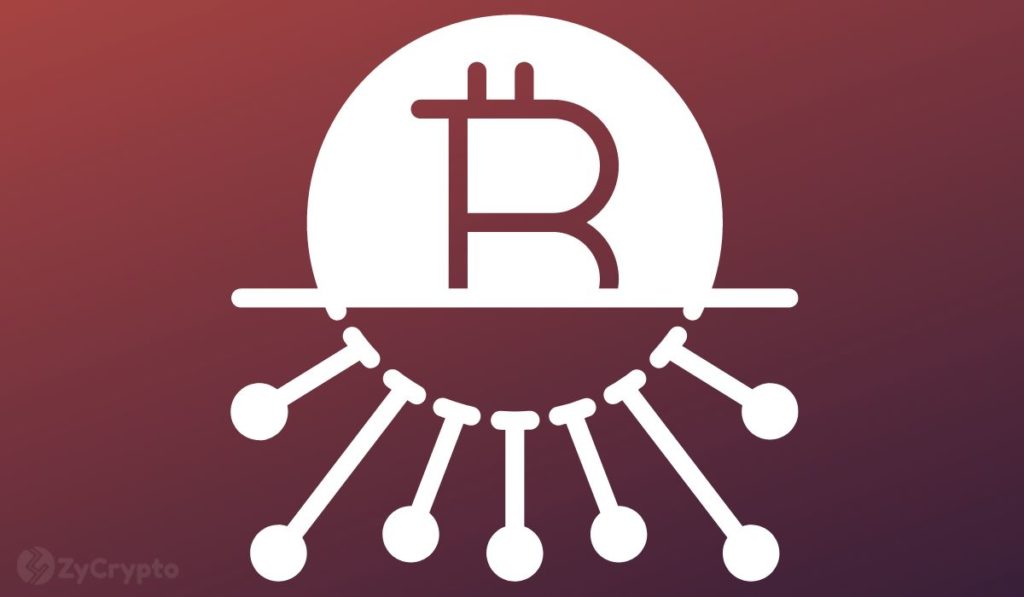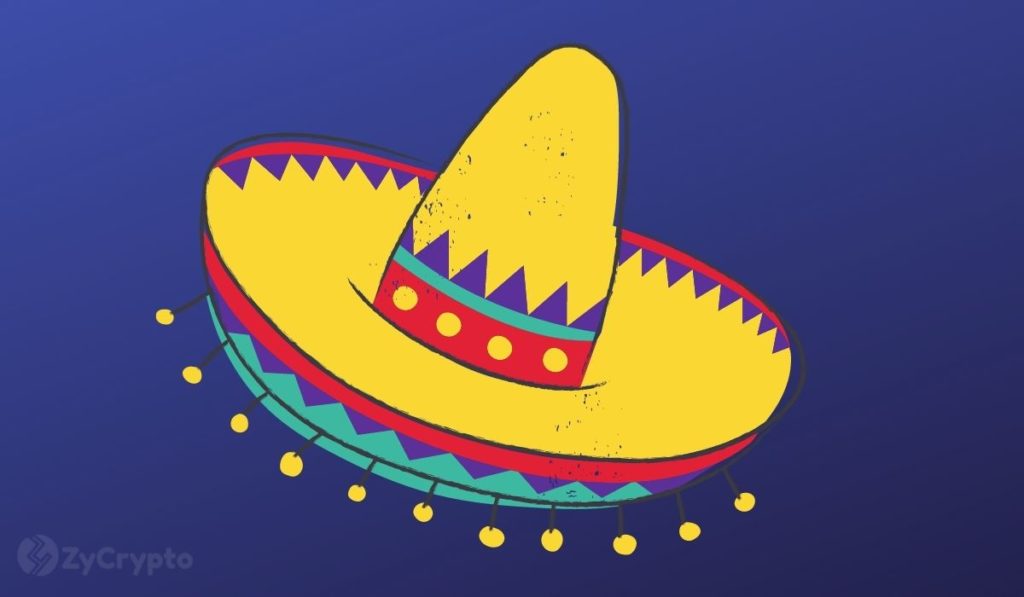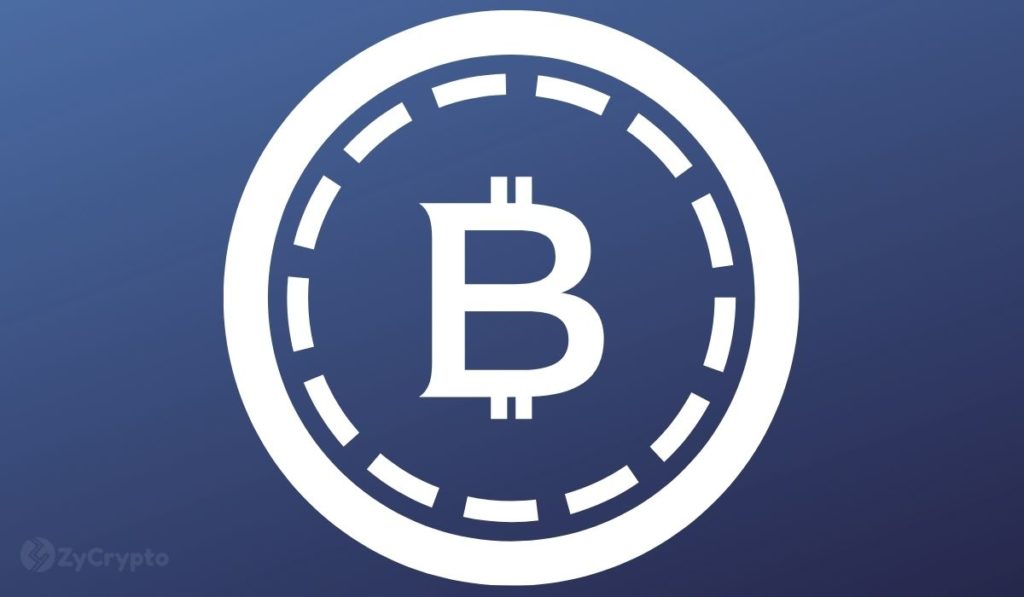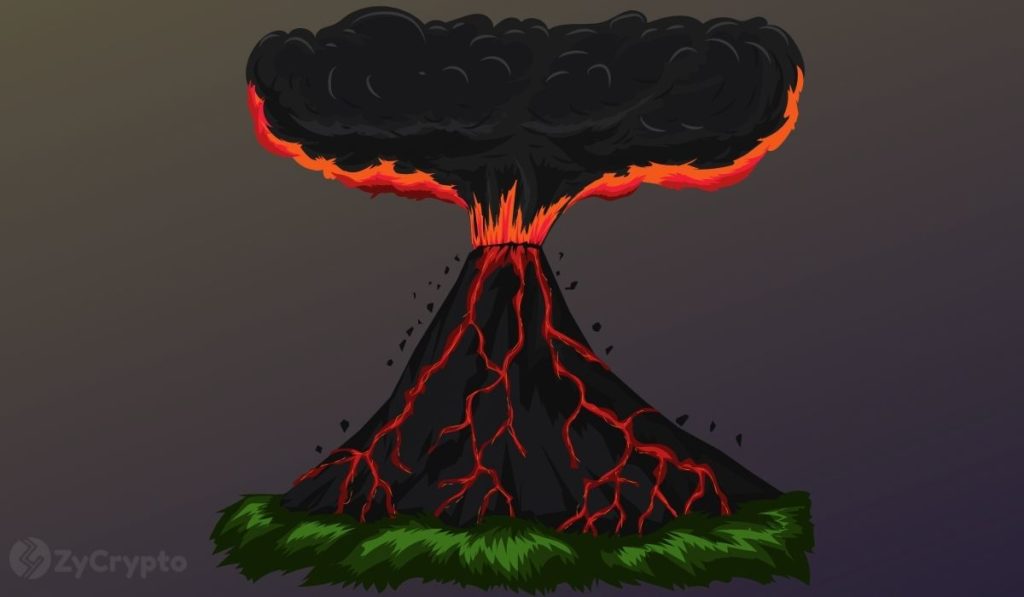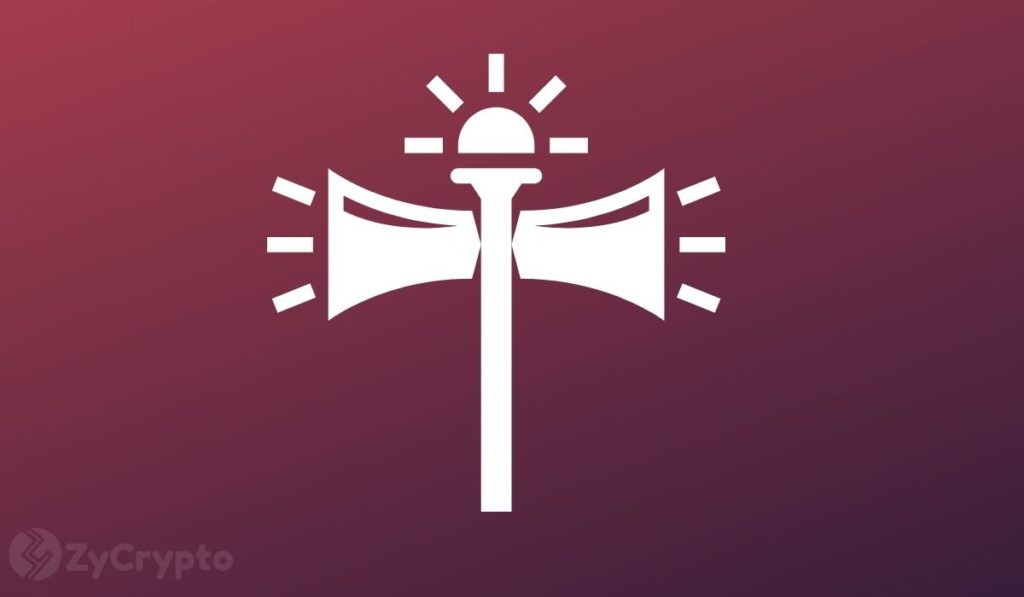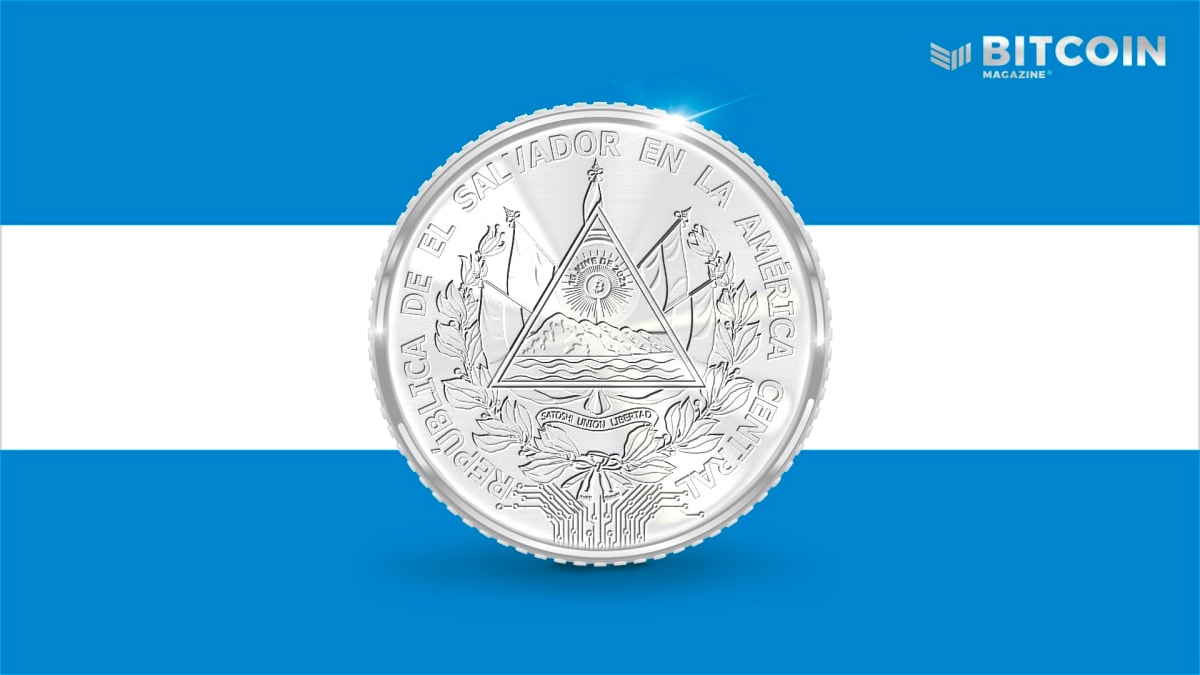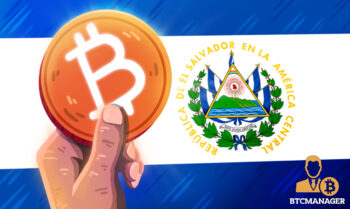2022-11-5 22:42 |
More than a year has passed since El Salvador made history by becoming the first country in the world to make bitcoin a legal means of payment. According to a number of experts, the results are disappointing: little has changed in the country, except that El Salvador is now much better known in the world, and the economic life of the state remains at the same or even worse level.
According to some reports, the level of cryptocurrency adoption in the country remains low, and few businesses accept bitcoins as a means of payment, even fewer residents prefer to pay with cryptocurrency themselves. The promises of President Nayib Bukele, who promised prosperity to the country through the introduction of bitcoin, have not come true.
One of the main problems is that since the beginning of the experiment, the cryptocurrency has lost about 60% of its dollar value, the country is experiencing an economic downturn and a high ratio of public debt to GDP — at the level of 78%. It is possible that El Salvador will not be able to fulfill its debt obligations, and Bloomberg Economics experts consider the risk of default to be very high.
When the Bitcoin Law came into force in September 2021, it was expected that it would help solve a number of problems. So, now many prices are indicated in bitcoins in addition to having the status of the official currency of the American dollar, taxes can be paid with bitcoins, the exchange of dollars for this cryptocurrency is not taxed.
Nevertheless, first of all, the Bitcoin Law promoted cryptocurrency to revitalize the financial life of a country in which about 70% of the population does not have access to traditional financial services. As a result, even the introduction of the national Chivo crypto wallet, which provides commission-free transactions, did not help much. Although in January the head of state reported that about 60% of the population or about 4 million people used the application, according to statistics, only 64.6% of the country’s population have phones with Internet access. In addition, according to other data, only 20% of those who downloaded the wallet continued to use it after spending the $30 bonus accrued during registration — there is no question of mass recognition yet, bitcoins are mainly used by tourists.
According to local research, 7 out of 10 residents of the country do not believe that the adoption of bitcoins has helped their families, and 76 out of 100 businesses do not accept cryptocurrency as a means of payment despite the law. This is confirmed by data from other sources.
Those who used the crypto wallet faced technical problems and fraud. There are too few ATMs with bitcoin support, and the hope that migrants sending money to relatives will use cryptocurrencies, in general, has not been justified at all, despite the high cost of transfers through third-party services — due to the high volatility of the cryptocurrency and the complexity of cryptocurrency trading. Anyway, the country faced serious economic problems long before the introduction of cryptocurrencies, since economic growth has slowed down markedly in recent years, the public debt is large, and there is a large budget deficit.
JPMorgan and the IMF warn that if current trends continue, El Salvador’s public debt will amount to 96% of GDP by 2026. The country has huge external and internal debts, and the credit rating of the state continues to deteriorate. At the same time, representatives of the country at one time reacted quite sharply to the IMF’s advice to abandon bitcoins as a means of payment. The matter is aggravated by the fact that El Salvador cannot even conduct an additional monetary issue, since the country has long abandoned the national currency in favor of the dollar. Moreover, no one outside the country wants to give Bukele loans with rates below 20-25%.
After the law came into force, El Salvador began actively buying bitcoins, after which they lost more than 60% in price. The direct loss for the state, according to Coinkite, amounted to about $ 60 million, and the total cost of the experiment cost the government $ 375 million.
The technically competent president, who called himself “the coolest dictator in the world” on social networks, put all his political capital on cryptocurrencies and, it seems, his prospects largely depend on the success of bitcoin, since he intends to go to the next elections in 2024.
One of the main advantages of the new law was the influx of tourists — since the adoption of the law, it has increased by 30%. At the same time, the president’s personal approval rating exceeds 85% — largely due to a tough approach to fighting crime. However, the project of building Bitcoin City, a bitcoin-based city near the volcano Conchagua, has been frozen until better times, and the prospects for the country’s cryptocurrency economy, according to experts, remain extremely uncertain.
Сообщение The Bitcoin Revolution in El Salvador Has Failed появились сначала на Coinstelegram.
origin »Bitcoin price in Telegram @btc_price_every_hour
Elcoin (EL) на Currencies.ru
|
|
